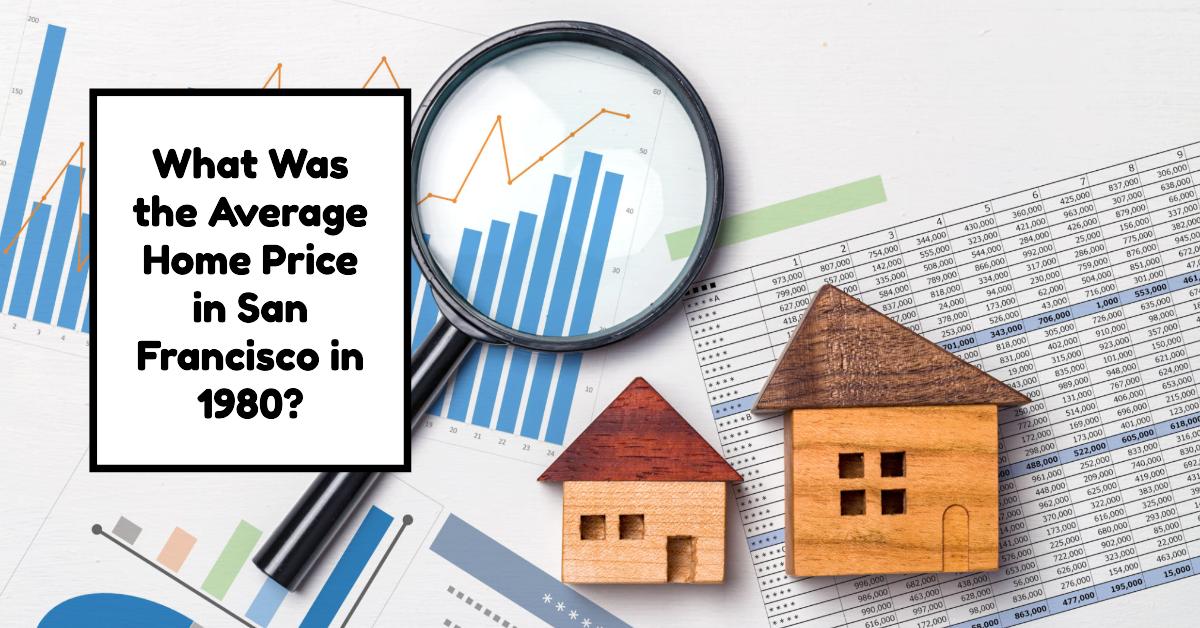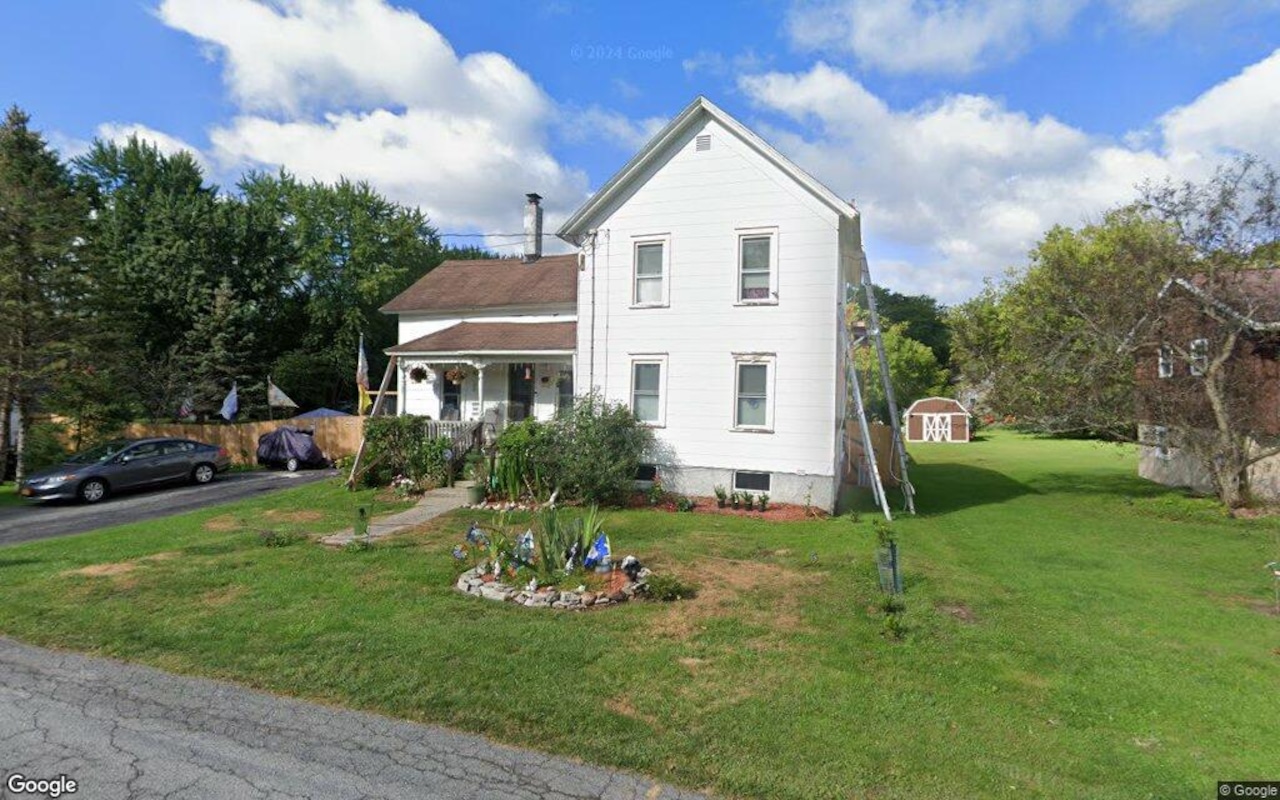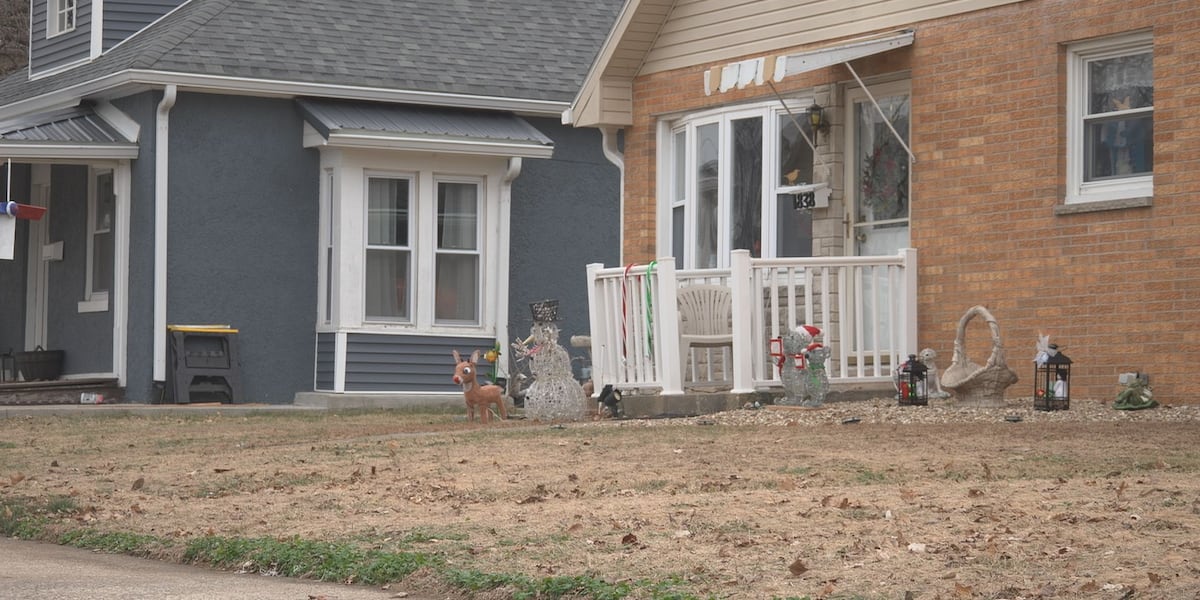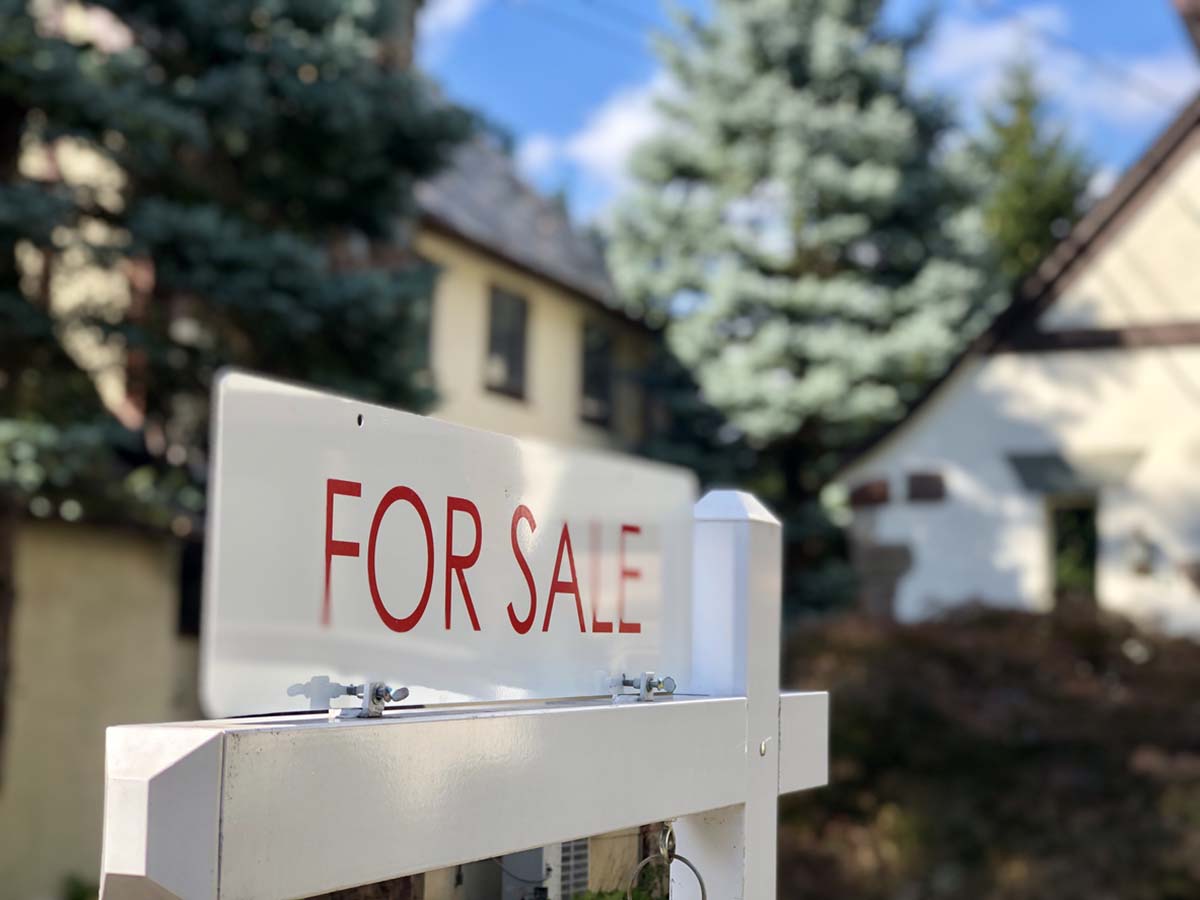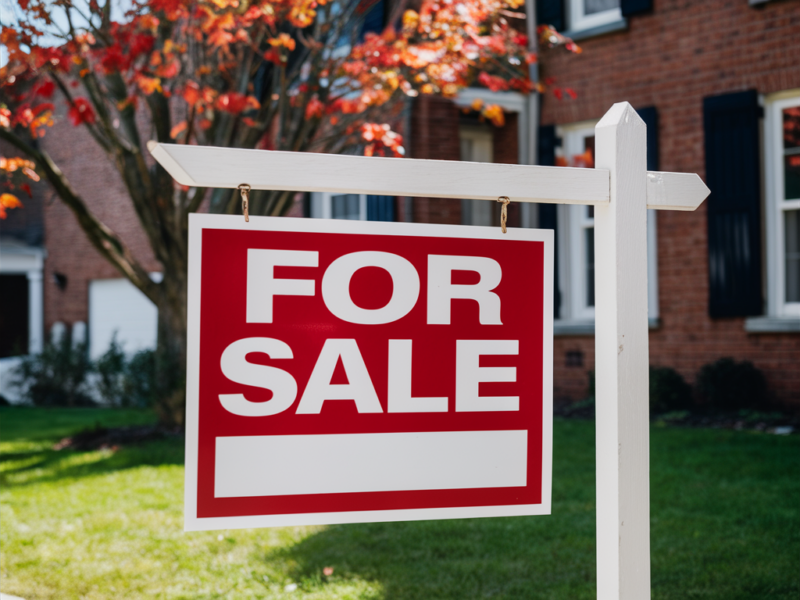S
an Francisco's high cost of living is well-documented, but what was the average home price in San Francisco back in 1980? At that time, buying a home in this city was a different story altogether. Compared to today's astronomical figures, home prices were surprisingly more manageable.
The average home price in San Francisco in 1980 was approximately $130,000. While not as pricey as it is today, the city was already on the rise, marking the beginning of a major boom in real estate that would change its housing market forever. Interest rates in the 1980s were significantly higher, around 15-18%, which affected affordability for many homebuyers.
To put this into perspective, in 2024, the median home price in San Francisco exceeds $1.4 million, a staggering increase of over 1,000% in some neighborhoods. Despite the relatively modest price tag in 1980, homes were already considered somewhat expensive compared to national averages.
The U.S. was going through significant economic challenges at the time, with high inflation rates and skyrocketing interest rates impacting housing markets across the country, including San Francisco. High mortgage payments and stricter borrowing terms made homeownership a challenge for many families.
In fact, the 1980s saw the early stages of what would later become San Francisco's massive tech boom. The Bay Area was still relatively quiet compared to today, but there were hints of change, with tech companies beginning to lay down roots.
High interest rates in the 1980s made it difficult for buyers to afford homes, even at lower price points. On a $130,000 home, buyers would have faced monthly mortgage payments of over $1,700—a large sum in 1980. This highlights how high mortgage rates offset lower prices, making homeownership challenging for many San Franciscans.
The average home price in 1980 could get you a two- or three-bedroom home in desirable neighborhoods like Noe Valley or Bernal Heights. Even famous Victorian homes, which are now multi-million dollar properties, could be purchased for under $150,000 back then.
The tech boom had a massive impact on housing prices, driving demand through the roof and making San Francisco one of the priciest real estate markets in the United States. By 2024, the average home price has skyrocketed to over $1.4 million, with limited housing supply and high-paying jobs in tech contributing to this frenzy.
The 1980s also saw significant changes in housing policies and practices, including rent control measures that limited rent increases for landlords. This made renting more expensive and challenging, leading many people to prioritize homeownership despite high interest rates.
Comparing the average home price in San Francisco in 1980 to today's prices is striking. The difference is a tenfold increase in just over 40 years, driven by factors like the tech boom, increased demand for housing, and limited supply of homes. While incomes have risen, they haven't kept pace with home prices, making homeownership a significant financial commitment for many families.
In conclusion, while the average home price in San Francisco in 1980 might seem like a bargain when looking back from today, it's essential to consider the full picture. High interest rates and economic challenges made homeownership a stretch for many families then, just as astronomical prices do now.
